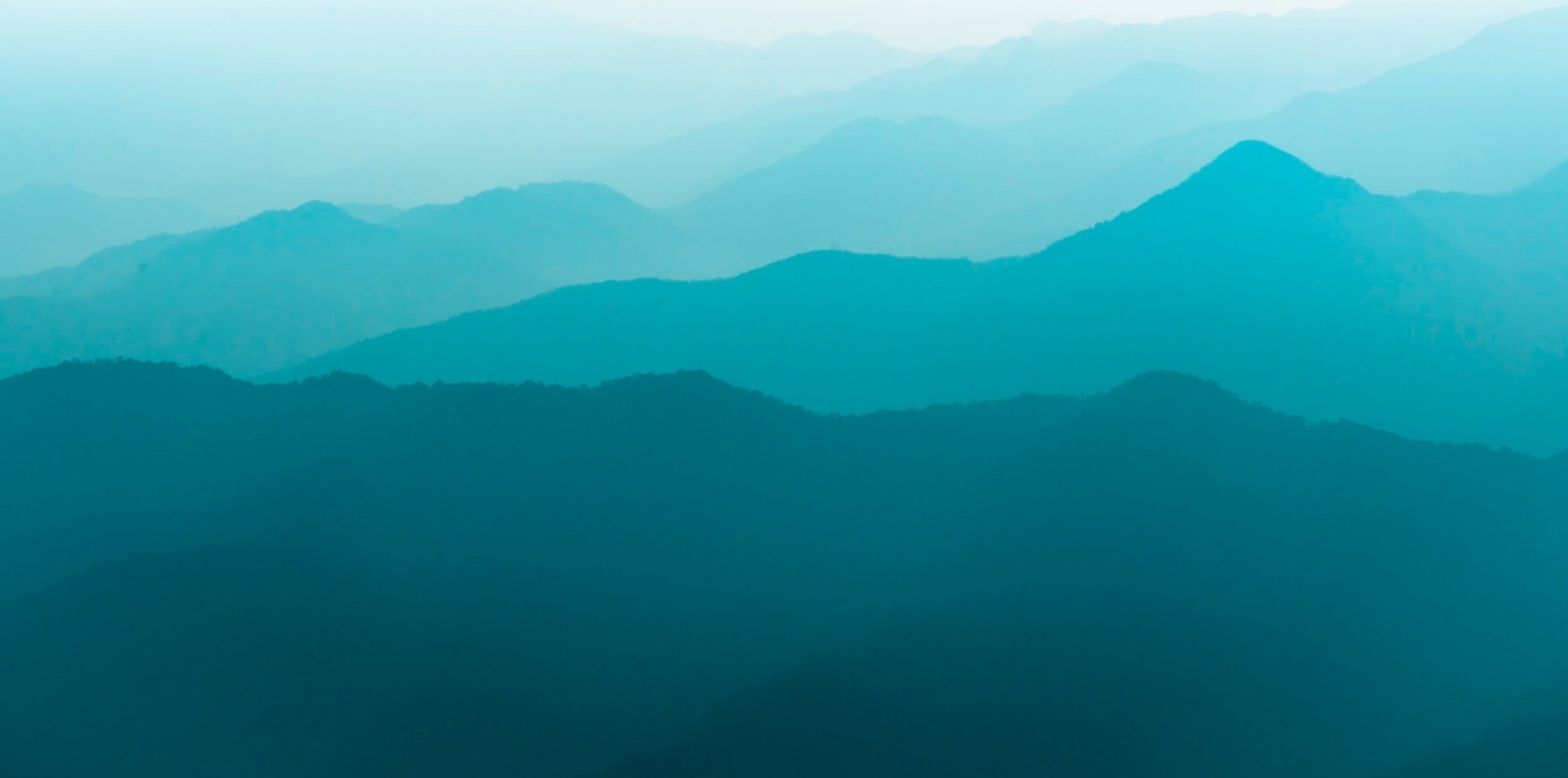be a conscious explorer
I believe it’s very important that all of us who are drawn to exploring plant medicines approach them with respect and reverence. Part of this means giving back to the Indigenous stewards of these sacred plants and the gatekeepers of the ancient wisdom traditions they are part of.

“Indigenous knowledge keepers have, in one way or another, informed the birth of the psychedelic movement and continue to do so. There’s multiple evidence to this, but in my mind, and this is a very important message, one shall remember that there is a continuity between what has been the shamanic use of psychedelic medicines…and the underground settings where people use these substances therapeutically.”
organizations to support
-
CHACRUNA and THE INDIGENOUS RECIPROCITY INITIATIVE
Chacruna is a nonprofit that has been at the forefront of bridging the divide between the traditional use of plant medicines and psychedelic science. They’ve also been at the forefront of growing inclusivity within the psychedelic field, hosting the first-ever conference platforming queer voices within psychedelics as well as highlighting women, Indigenous, and BIPOC community members. They started an initiative which supports Indigenous stewards of plant medicines. Consider making a donation and attending some of Chacruna’s events.
-
GROW MEDICINE
All around the world, plant medicines and the traditions that surround them are being threatened. Grow Medicine is a project started by the Indigenous Medicine Conservation Fund to raise awareness about the importance of biocultural conservation of five keystone psychedelics: ayahuasca, iboga, mushrooms, peyote, and toad (or the Bufo alvarius frog, which produces 5-MeO-DMT). They offer tools for paying attention to the origin of your medicine to make sure it’s sustainability sourced.
-
the ancestor project
The Ancestor Project was started by Charlotte James and Undrea Wright. They’re leading the way in providing safe space for BIPOC to do ceremony work and integrate. Consider donating to their ceremony fund to help BIPOC access sacred earth medicine ceremonies..
-
esperanza mazateca
You may have heard the story of Maria Sabina, the Mazatec woman who is credited with introducing mushrooms to the West. She facilitated a sacred mushroom ceremony for R. Gordon Wasson, who came back to the U.S. and wrote about his experience for LIFE Magazine in 1957. Much to the chagrin of locals, for decades, droves of tourists have continued to visit Sabina’s hometown of Huautla de Jimenez in search of mushrooms. If you take mushrooms, especially if you’ve sought them out in Mexico, you can give back with a donation to Esperanza Mazateca, a pandemic relief project for vulnerable and at-risk citizens in Huautla. It was started by Inti Garcia Flores, a local professor, archivist, and conserver of Mazatec culture in the region.
-
UMIYAC
If you drink ayahuasca, UMIYAC is a great organization to give to in gratitude. They’re a collective of five Indigenous communities in the Colombian Amazon who drink ayahuasca (which they refer to as yagé). They’re actively fighting foreign oil and mining extraction to preserve the medicine, their traditions, and their territories.
-
BLESSINGS OF THE FOREST
Like many plant medicines, the iboga tree—which ibogaine, a psychedelic now being administered in clinics for substance use, comes from—is at risk due to illegal poaching and growing global demand. Blessings of the Forest is leading the way in efforts to fight that and support local Bwiti communities who have long used this sacred root. They need all the help they can get.

